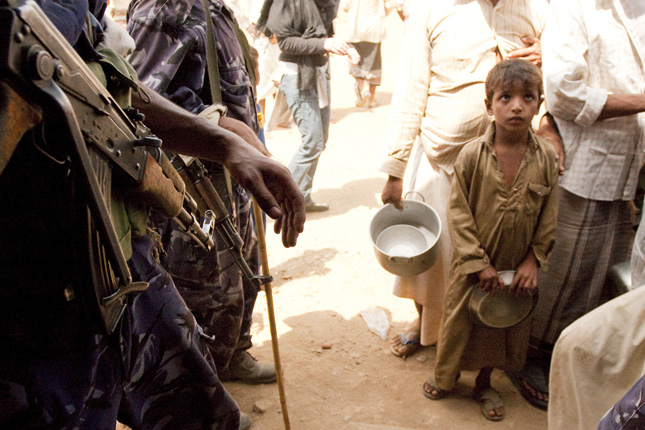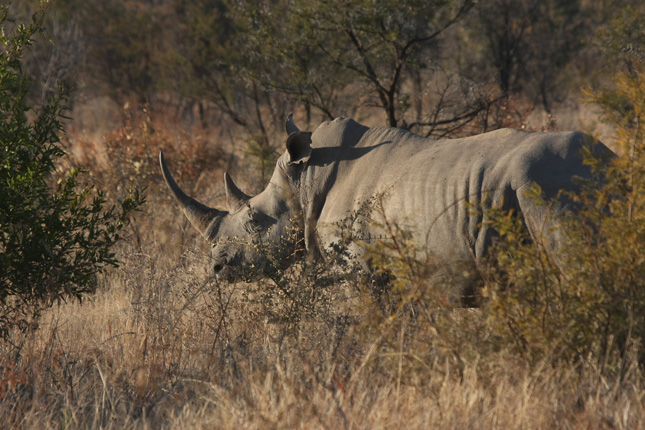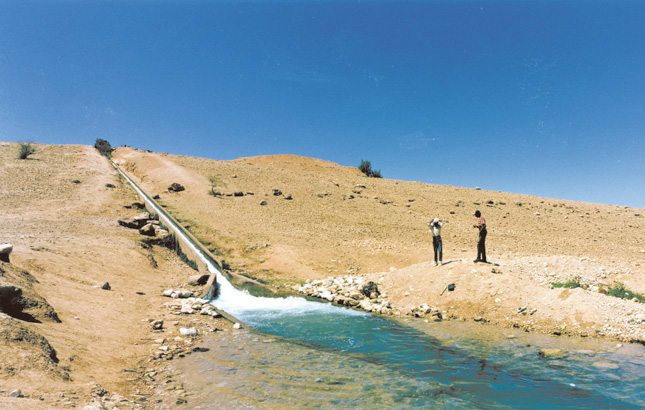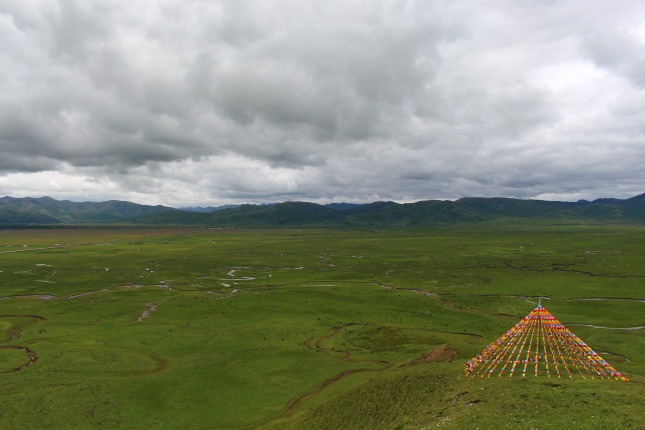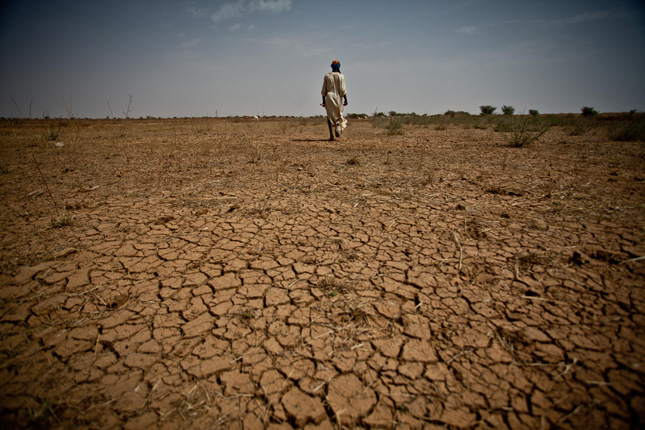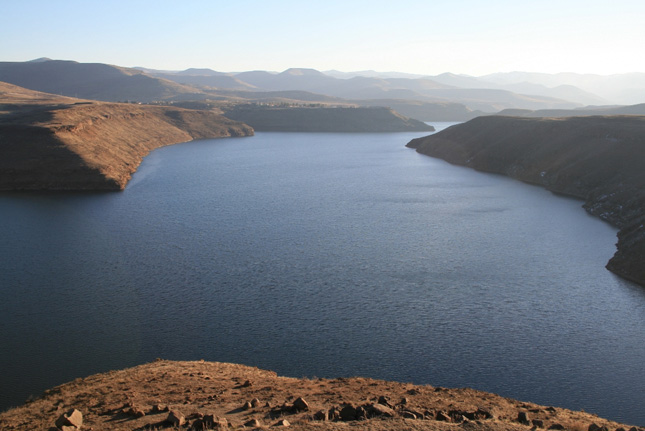-
Maps of Mayhem: Predicting the Location of Civil War Violence
›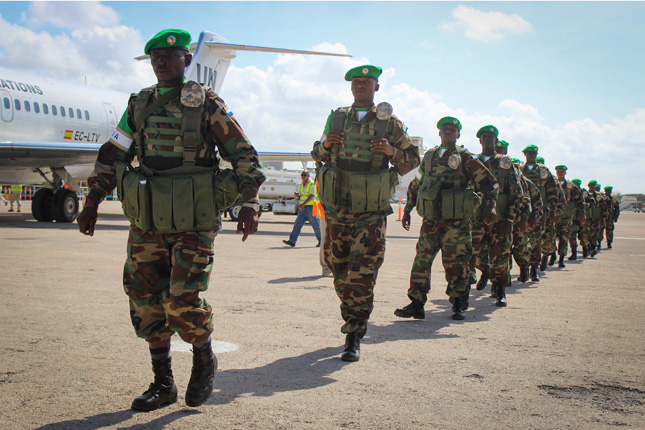
Over the past decade, we have seen a resurgence of civil conflicts in Africa, the Middle East, and southeast Asia, as weak states are increasingly threatened by non-state actors, such as organized crime groups, terrorist organizations, and insurgents. These wars endanger millions of people—including some of the world’s most at-risk populations—by exposing them not only to violence, but also displacement, environmental degradation, and economic destruction. To effectively protect them, leaders and policymakers need to be able to predict exactly where, when, and how insurgent violence will break out and spread.
-
On Streetlights and Stereotypes: Selection Bias in the Climate-Conflict Literature
›
Scholarly attention to the links between climate change and conflict has increased. But which places are analyzed most frequently by researchers, and what are the implications of their choices?
-
Vanda Felbab-Brown, Mongabay
To Counter Wildlife Trafficking, Local Enforcement, Not En-Route Interdiction, Is Key
›February 16, 2018 // By Wilson Center Staff
The global poaching crisis has induced large segments of the conservation community to call for far tougher law enforcement. Many look to policing lessons from decades of counter-narcotics efforts for solutions.
-
Gidon Bromberg, Nada Majdalani, and Munqeth Mehyar
To Make Peace in the Middle East, Focus First on Water
›February 13, 2018 // By Wilson Center Staff
For the past 20 years, Israelis and Palestinians alike have approached peace negotiations with the flawed assumption that, in order to reach an agreement, all core issues must be solved simultaneously. As the conflict continues to claim victims on both sides, it’s important to point out that when President Trump’s Middle East envoy, Jason Greenblatt, was looking for an early success in the new administration’s peace efforts, he found it – in water.
-
Drying Out: Climate Change and Economic Growth Drive Water Scarcity in the Third Pole
›
I pulled my horse to a stop along the banks of a little stream, which was wedged between two grassy hills speckled with wildflowers and pika holes, to admire the view of the Tibetan-Qinghai Plateau’s rolling hills evolving into snowcapped mountains.
-
Women and War: Securing a More Peaceful Future
›
“Conflicts are 35 percent more likely to be resolved and remain peaceful for 15 years if women are involved,” said Carla Koppell, vice president of the Center for Applied Conflict Transformation at the United States Institute of Peace, at a recent Wilson Center event on the role of women in war, security, and peace.
-
Can Climate Change Feed Extremism?
›
Global warming is not just an environmental problem.
Goodman: “It is one of the most serious national security challenges we face. This is a risk issue.”
-
A Matter of Survival: Learning to Cooperate Over Water
›
“Water security and management represent the cornerstone of global conflict prevention,” said President Danilo Türk, chair of the Global High-Level Panel on Water and Peace and former president of Slovenia, at a recent Wilson Center event on water and peace. “The only alternative to water is water, and therefore, the matter of water is a matter of survival,” said Sundeep Waslekar, president of Strategic Foresight Group.
Showing posts from category security.


